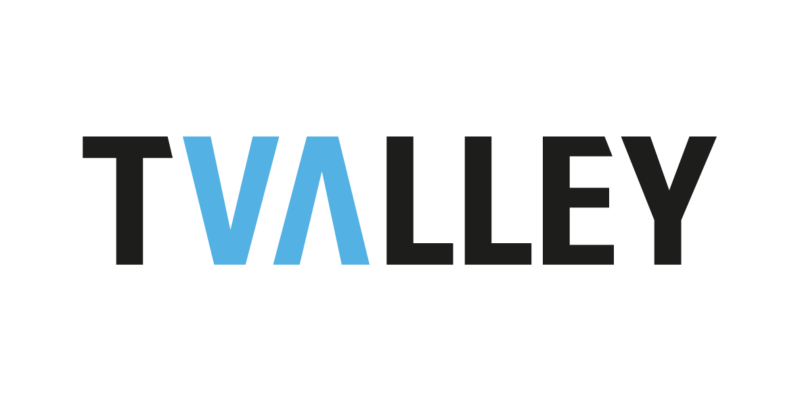High-tech detection system and picking robot to separate metals and waste types | an EFRO-Oost project
Due to rapid population growth and prosperity, the world needs more and more raw materials. The consequences are rising prices, stagnating economies and imminent depletion of critical raw materials. However, raw materials are essential to the global manufacturing industry, which accounts for more than $16 trillion in sales. Steel, cast iron, stainless steel, aluminium, copper, lead, zinc, bronze and brass are found in many complex products, such as mobile phones, cars, washing machines and advanced production processes. The demand for high-tech solutions to recycle these products is high, the quality requirements are high, and the availability of labour is decreasing. Riwald Recycling, RIWO, Saxion University of Applied Sciences and TValley contribute to these challenges through an ERDF project. The consortium’s goal is to “transform complex products into pure raw materials and to transport these logistics sustainably to companies in the manufacturing industry”.
Circular entrepreneurship
Riwald recycles hundreds of thousands of tonnes of waste every year, ranging from electronic waste and high-quality waste streams to train carriages and airplanes. Circular entrepreneurship is one of its core values. The ambition to make an even more significant impact on the circular economy is strongly linked to the separation process, with techniques such as granulators, scrap shears, eddy currents, water tables, choppers and sieves, Riwald sorts by induction, colour and weight. At the end of the mechanical separation process, however, a flow of between 15 and 20 tonnes of non-ferous and waste types remains, which can only be sorted manually for now. The causes are the large number of different materials and the composition and entanglement of the materials. Currently, manual sorting of this material flow is the only option; no detection and sorting technology autonomously and automatically makes an unambiguous selection of materials.
There is no such thing as waste
The preliminary research shows, among other things, that a combination of detection and sorting technologies can automatically separate the (residual) flows. A system that contributes significantly to the transformation to a circular economy. By 2030, the Netherlands wants to use 50% less primary raw materials (including metals), and by 2050, our economy must be fully circular. In concrete terms, this means: ‘An economy in which sustainable renewable raw materials are used as much as possible, products and raw materials are reused and in which waste does not exist.’
Cooperation
As an innovation cluster, TValley has connected Riwald Recycling and the two TValley partners, RIWO and Saxion University of Applied Sciences (Research group Smart Mechatronics and Robotics). Over the next three years, researchers from Saxion, students, engineers from RIWO, grant consultants from Leap and domain specialists from Riwald Recycling will work together to develop smart sensors, algorithms and robotics to separate the residual flow of non-ferous and waste types autonomously and cleanly.
It involves a new high-tech detection system and a picking robot to separate metals and waste types. The results of the grant project consist of (1) gaining domain knowledge and material knowledge, (2) realising various detection and robot sorting modules, (3) creating a circular recycling chain and (4) creating an operational product that is ready for market introduction.
 This project is co-financed by the European Union.
This project is co-financed by the European Union.


